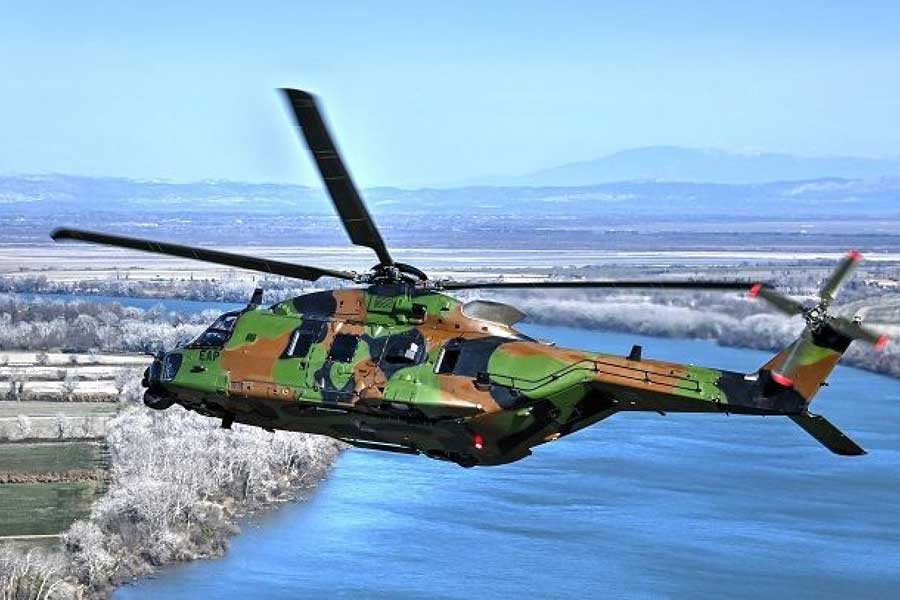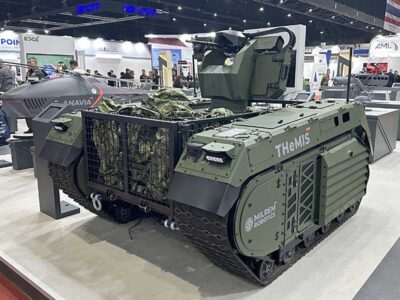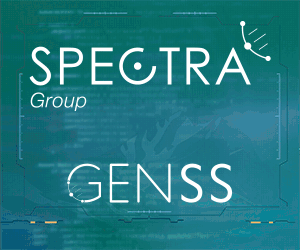The French DGA carried out a test flight of a military helicopter with sustainable fuel at very high content without modification of the engine or the aircraft.
~
Press Release, Versailles, 10 February 2023: [auto-translated] The Directorate General of Armaments (DGA) successfully carried out on February 3 a first test flight of a military helicopter with 84% Sustainable Aviation Fuel (SAF). This test made it possible to reduce CO2 emissions by 75%, without modifying the aircraft or the engine. This is the first time in the world that a military helicopter has been able to fly with such a high content of sustainable aviation fuel in one of its two engines.
Leaving from the DGA Flight Tests expertise and test centre in Istres (Bouches-du-Rhône), the helicopter was able to complete its flight in accordance with the established plan. This test was conducted with the participation of the Operational Energy Department (SEO) and the technical assistance of the manufacturers Safran Helicopter Engines, TotalEnergies and Airbus Helicopters.
A fuel made from used cooking oils: The fuel, prototyped specifically for this trial, was produced by TotalEnergies from used cooking oils using HEFA (hydrotraitement des huiles et des graisses) technology . Its production and use cycle has a carbon footprint four times less than that of a fossil-based aviation fuel, thus meeting the criterion of a minimum reduction of 65% required by the European Union to qualify. sustainable fuel.
The test carried out on one of the helicopter’s two engines made it possible to test the characteristics of this fuel (consumption, engine power) and the operational consequences of its use (functioning of the fuel circuit, performance and thermal signature). Several lines of work have been identified for the future: experiments over longer periods to check the good tolerance of the helicopter systems and its engines (absence of impact on service life and maintenance), or even the development of bio-based aromatics to further increase the proportion of sustainable fuel. When available with a 100% incorporation level, SAFs will offer the potential to reduce CO2 emissions by 90%.
A test that is part of the defence energy strategy and the ‘Climate & Defence’ strategy of the Ministry of the Armed Forces: This test, which received financial support from the Defence Innovation Agency (AID), illustrates the multiple technical skills of the DGA (theoretical analyses, expertise in aeronautical systems, risk management, conduct of flight tests ) and SEO (supply, quality control) by confronting the challenges related to the use of this fuel. It enriches and strengthens the studies carried out by the DGA on decarbonisation (requirements for eco-design and reduction of the environmental impact in the specificities of weapon systems, increased skills on electric aircraft).
This test is part of the defence energy strategy and the ‘Climate & Defence’ strategy of the Ministry of the Armed Forces, to consume less, better and safer. It thus confirms the increase in state competence in reducing the carbon footprint of the Ministry of the Armed Forces. It makes it possible to prepare for the future, with the evolution towards cleaner military equipment that is more independent of fossil fuels.
~






















